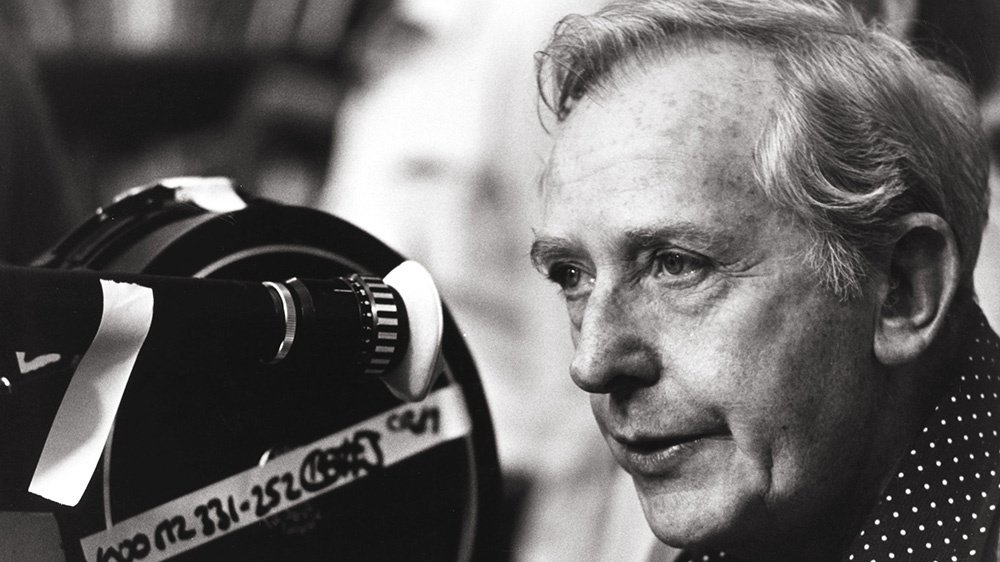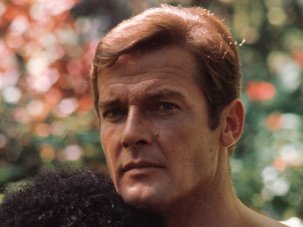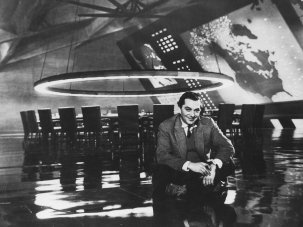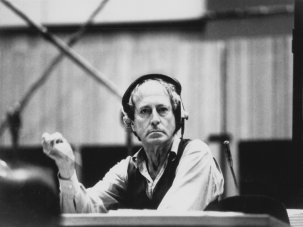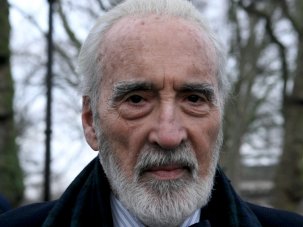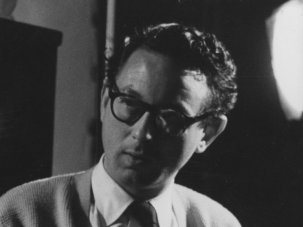His own verdict was characteristically modest: “I’ve never been what I’d call a really fashionable director. I’ve made entertainment films.” A versatile craftsman with a sharp eye for changing cinema tastes, Lewis Gilbert enjoyed a diverse six-decade career directing British film – one running from post-war documentaries via 1950s war dramas, through James Bond and into Willy Russell’s gobby girls. He was “the kind of director who resolutely defies auteurist attention”, as Jake Hinkson observed. An East Ender, his first taste of cinema was reading silent film intertitles for his Yiddish-speaking grandmother.
After supporting his family as a child film actor, he became “about 404th assistant, I think” on Jamaica Inn (1939), where his incessant questions prompted Hitchcock to a sarcastic “Was that all right for you, Mr Gilbert?” after a take. A wartime attachment to the US Air Corps Film Unit, working for English-weather-hating Hollywood veteran William Keighley, gave him valuable documentary experience and “a grim education in the bloody horror of war”, before graduating to direct government information films like 1945’s paean to pre-fabs The Ten Year Plan. His first major film Emergency Call (1952) started a 40-year partnership with screenwriter Vernon Harris. Splashy noirs like the unusually X-rated film Cosh Boy (1953) and the class-conscious Dirk Bogarde wife-killer thriller Cast a Dark Shadow got him noticed.

Virginia McKenna as Violette Szabo in Carve Her Name with Pride (1957)
However, teamed with pacifist producer Daniel Angel, Gilbert drew on his wartime experience to create a string of successful 1950s dramas that contributed significantly to the dignified, stiff-upper-lip template of British WWII heroism on screen – war films largely about ordinary people, which didn’t glorify war. Courage and stoicism are foregrounded in POW thriller Albert, R.N. (1953), rescue drama The Sea Shall Not Have Them (1954) and 1956’s big hit, the Douglas Bader biopic Reach for the Sky, which used Kenneth More’s capable charm to soften the prickly flying ace (“Gilbert, you’ve made a terrible hash of this,” was Bader’s verdict on the script). Gilbert’s restraint and emotional discretion make the contrasting layers of girlish romance and grim interrogation very effective in Resistance biopic Carve Her Name with Pride (1957).
By the mid 1960s, having battled a truculent false-nose-wearing Orson Welles in the ill-conceived Ferry to Hong Kong (1959), and given the world much more More in cosy The Admirable Crichton (1957), tense Sink The Bismarck! (1960) and the genteel The Greengage Summer (1961), Gilbert had found, via his wife Hylda, a project that swung like the new decade. Alfie (1966), with Michael Caine’s amoral Cockney Lothario giving his cocky commentary direct to camera, fed into 60s tastes for class conflict, sexual freedom and a sly mix of innovation and social realism.
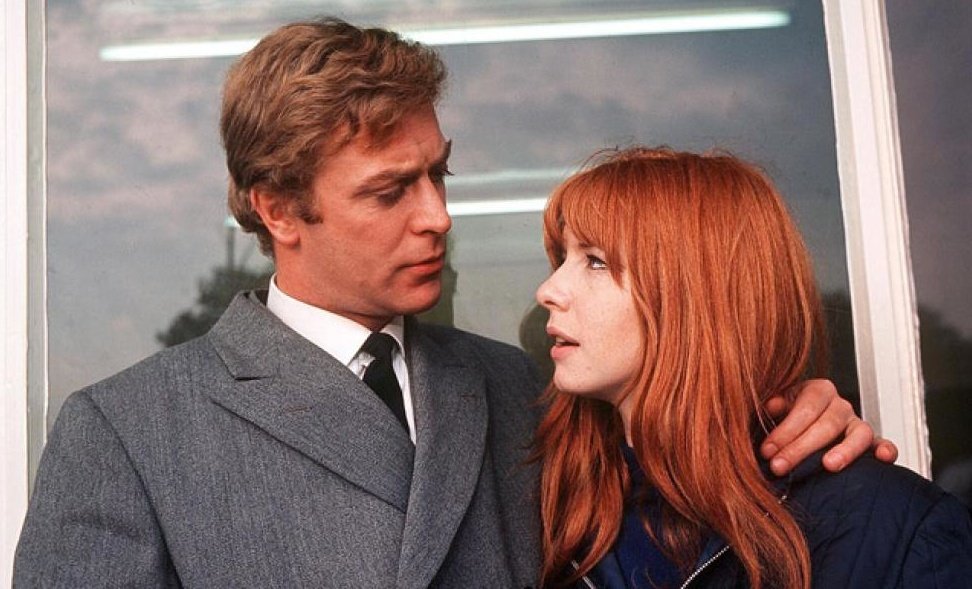
Michael Caine as Alfie and Jane Asher as Annie in Alfie (1966)
Its huge success opened up big-budget opportunities like You Only Live Twice (1967), which Gilbert refused before Cubby Broccoli talked him round: “The world’s largest film audience is waiting to see what kind of a hash you make of it.” The first of three Big Bonds that Gilbert undertook, it has a go-for-it 60s exuberance, his confident use of Roald Dahl’s fantasy-tinged global-threat script and Ken Adams’ breathtaking volcano-lair design ramping up a new and exhilarating high-tech Bond style.
However, signing with Paramount for Alfie had unwittingly severed him from his long-time passion project Oliver! He was locked into a lurid adaptation of Harold Robbins’ The Adventurers (1970), a film so disastrous that he still couldn’t utter its name on Desert Island Discs in 2010. After a mixed bag of early 70s movies, including the critically loathed but lucrative teen-idyll romance Friends (1971) and sequel Paul and Michelle, and downbeat WWII assassination thriller Operation: Daybreak (1975), Gilbert was back on Bond.
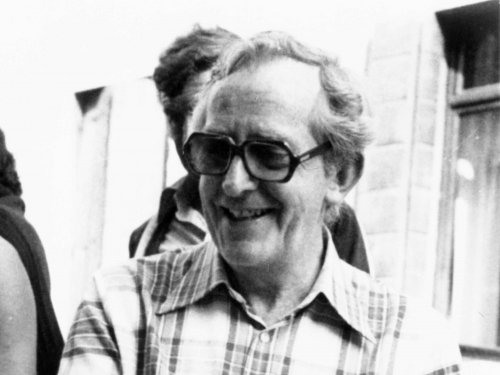
Lewis Gilbert filming Moonraker (1979)
To The Spy Who Loved Me (1977), probably the best of the Roger Moore-era Bonds, Gilbert brought elegant sweep and spectacle, and a paciness that belies its many location switches. He worked hard to emphasise Moore’s sang-froid, Englishness and wit, though this tipped towards comedy and winking camp in Moonraker (1979), whose space theme (to capitalise on Star Wars’ success) sat oddly with its thriller elements. Gilbert made it a high and handsome film nonetheless, using its stunning Amazon locations and show-stopping space station to great effect.
Long established as skilled and sympathetic adaptor of stage plays, Gilbert created a new niche for himself in character-driven, female-centred comedy, with Willy Russell’s sharp-edged Educating Rita (1983), which won him the Best Film BAFTA, and the playful but pointed Shirley Valentine (1989). Their working-class wit, grit and directness, which nods back at Alfie, form the third tranche of Gilbert’s explorations of British pluck, after his stoical WWII heroes of the 50s and the witty, debonair 70s James Bond he helped to hone.
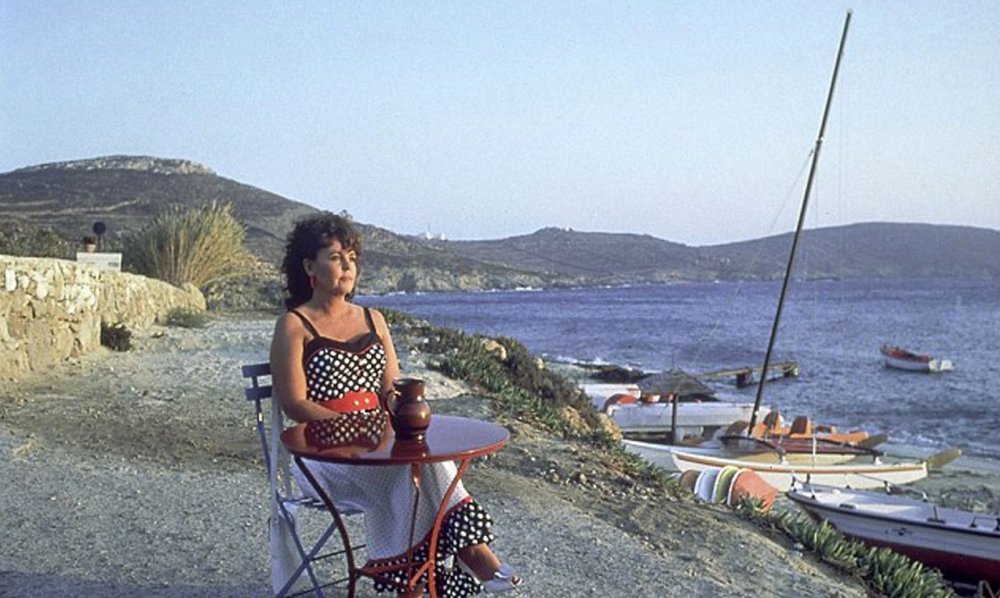
Pauline Collins as the title character of Shirley Valentine (1989)
Working well into his old age, Gilbert’s late-life offerings like tap-class melodrama Stepping Out (1991) and dysfunctional sisters drama Before You Go (2002) were pleasant but rather less punchy. Much garlanded (he was awarded the BAFTA Michael Balcon Award for Outstanding British Contribution to Cinema in 1990, made a CBE in 1997 and a BFI Fellow in 2001), he retained his candour, humour and professional modesty to the last: “Everybody who wants to direct has to find their own way of directing. I’m calm and I’m kind to people. I find that they react quicker.”
-
The Digital Edition and Archive quick link
Log in here to your digital edition and archive subscription, take a look at the packages on offer and buy a subscription.




